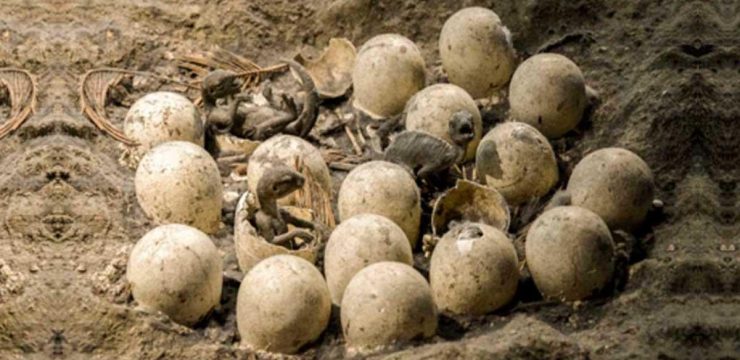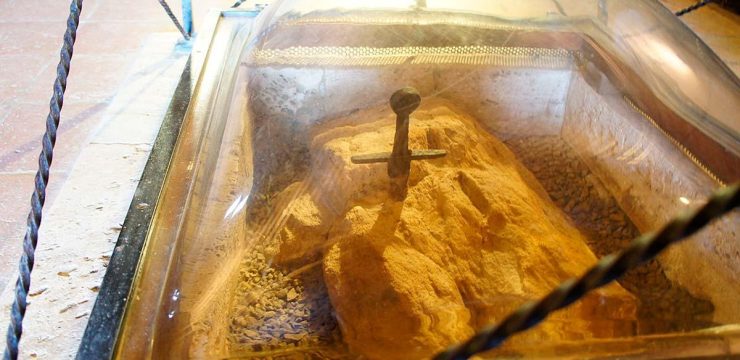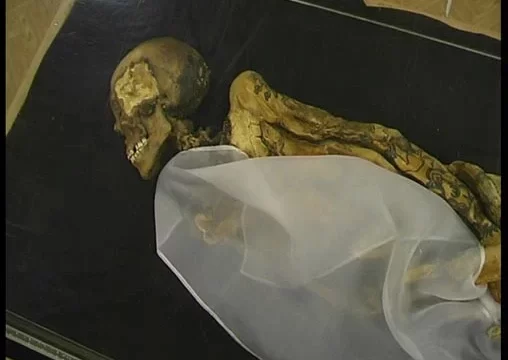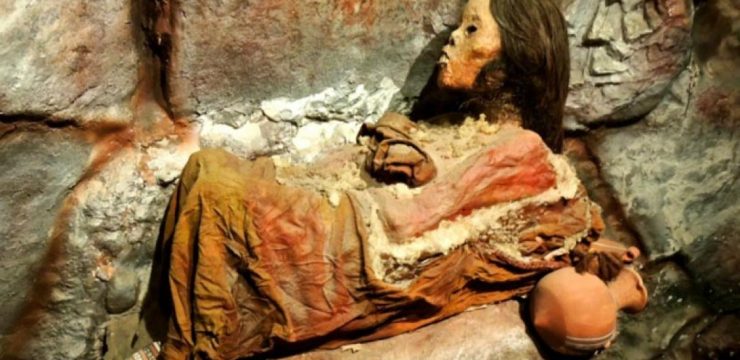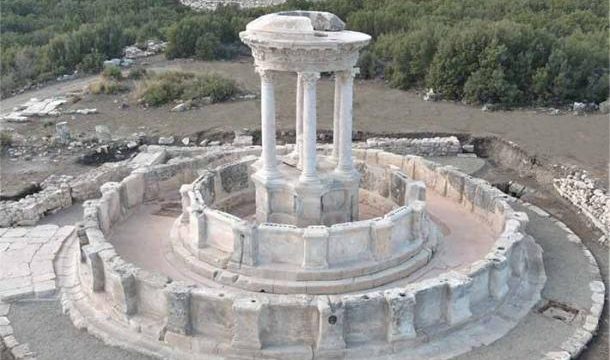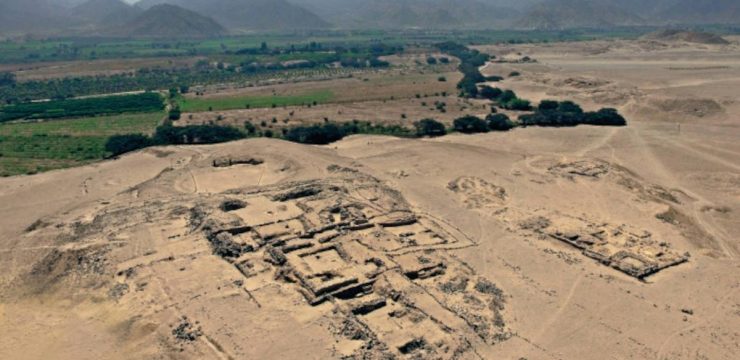The skeletons of fallen Greek warriors from the Battle of Imera, unearthed near Palermo in northern Sicily, tell a profound story of valor and sacrifice. These remains, dating back to 480 BC, are a poignant testament to the courage of soldiers who fought valiantly to protect their homeland from Carthaginian forces. Remarkably, this battle coincided with the famed naval Battle of Salamis, where Greek forces achieved a decisive victory over the Persian navy, showcasing an extraordinary day of triumph for Greek civilization.
This striking historical coincidence reflects the resilience of the Greek spirit and the pivotal events that reshaped ancient history. On a single day, across an impressive distance of 1,344 kilometers, the Greeks overcame two of the era’s most powerful adversaries. These victories over the Carthaginians at Imera and the Persians at Salamis not only altered the trajectory of history but also safeguarded the foundations of Greek civilization, ensuring its enduring influence on Western culture.
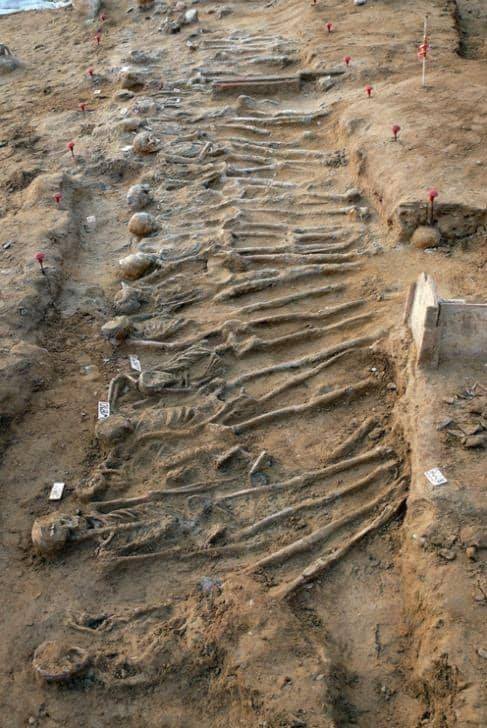
The interconnected nature of these battles highlights the collective effort of Greek city-states in their fight for independence. The warriors at Imera fought bravely on land while their compatriots at Salamis engaged the Persian navy at sea. Together, these battles demonstrated a unified resistance against foreign domination and underscored the Greek city-states’ determination to protect their culture, freedom, and identity. The naval triumph at Salamis secured control of the Aegean Sea, thwarting Persian expansion, while the victory at Imera ensured Greek resistance in the western Mediterranean. This dual effort illustrates the interconnectedness of the Greek struggle and the extraordinary sacrifices made by its warriors.
The courage and unity displayed during these conflicts left an indelible mark on history. The remnants of the warriors who fell at Imera remind us of the human cost of conflict and the enduring legacy of their bravery. Their sacrifices were not in vain, as the victories at Imera and Salamis proved to be turning points in the Greco-Persian Wars. These battles fortified the resilience of Greek civilization and inspired future generations to uphold the values of freedom, courage, and unity.
The skeletons found at Imera are among the most significant archaeological discoveries of recent years, offering invaluable insights into the lives and sacrifices of those who lived in this tumultuous era. These warriors’ remains serve as silent witnesses to a time when the fate of Greek civilization hung in the balance. Their story is a powerful reminder of the resilience of the human spirit and the enduring struggle for freedom that transcends time and geography.
The dual victories of Imera and Salamis epitomize the strength of the Greek spirit and its enduring impact on the course of history. These triumphs not only ensured the survival of Greek culture but also laid the foundation for the flourishing of Western civilization. The cultural, political, and philosophical advancements of ancient Greece, which continue to shape the modern world, owe much to the courage and sacrifices of these warriors.
Reflecting on the Battle of Imera, we gain a deeper understanding of the broader narrative of Greek resistance during the Greco-Persian Wars. This battle, fought on the western front, complemented the naval victory at Salamis and underscored the strategic importance of unity among Greek city-states. Despite their differences, these city-states came together in a collective effort to preserve their way of life. The interconnectedness of these victories highlights the importance of cooperation and shared purpose in the face of existential threats.
The warriors of Imera fought with unparalleled courage, knowing the stakes were nothing less than the survival of their homeland. Their sacrifice resonates as a timeless reminder of the human cost of war and the values that are worth defending. The dual triumphs of Imera and Salamis serve as monumental testaments to the resilience and tenacity of the Greek people. These victories not only changed the course of history but also set a standard of courage and unity that continues to inspire.
Archaeological finds like the skeletons at Imera provide a tangible connection to the past, allowing us to glimpse the realities of ancient warfare and the individuals who shaped history. These discoveries enrich our understanding of the human experience, offering valuable lessons about the resilience of the human spirit and the enduring quest for freedom. The story of Imera’s fallen warriors is not just a tale of ancient history but also a reflection of universal themes that continue to resonate today.
As we consider the significance of these battles, it becomes clear that the victories at Imera and Salamis were more than military successes. They were defining moments that preserved the cultural and intellectual heritage of Greece, enabling the development of ideas and institutions that have profoundly influenced Western thought. The bravery and determination of the Greek warriors ensured that their civilization would not only survive but thrive, leaving a legacy that endures to this day.
The echoes of the past, embodied in the skeletons of Imera’s warriors, remind us of the sacrifices made in the name of freedom and the enduring impact of their victories. These remains stand as a poignant testament to the courage and resilience of the Greek people during one of the most critical periods in their history. The interconnected triumphs of Imera and Salamis are a lasting tribute to the strength of the Greek spirit and its profound influence on the course of human history.
In reflecting on these events, we are reminded of the timeless values of courage, unity, and sacrifice. The story of the Greek warriors who fought at Imera and Salamis serves as an enduring source of inspiration, highlighting the power of collective effort and the resilience of the human spirit. Their legacy continues to resonate, offering valuable lessons for future generations about the importance of defending freedom and upholding the principles that define our shared humanity.
